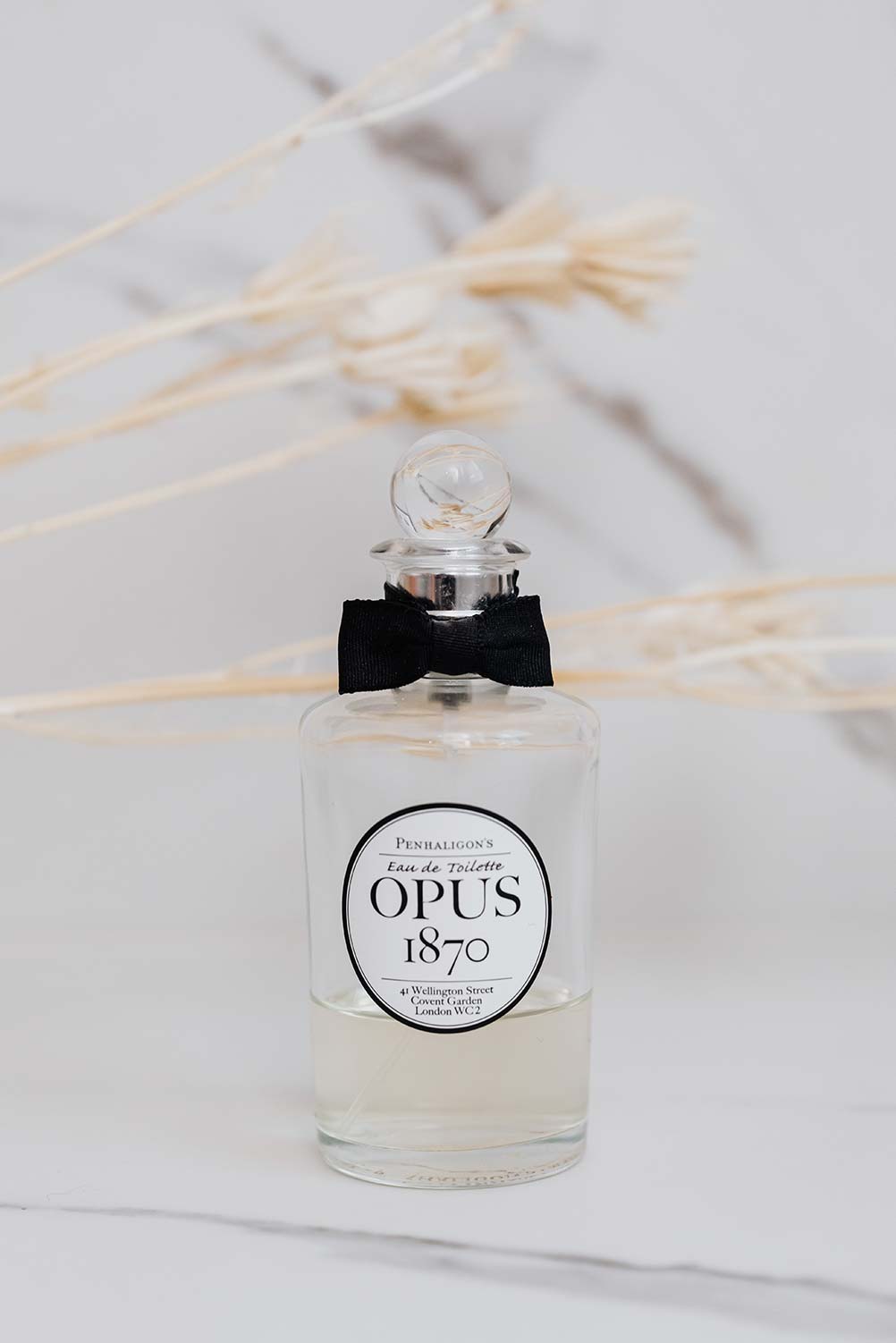Macerating perfume oils are one of the more persistent arguments on the internet and among those in the know the opinion is divided almost completely in half. So we've done some investigation and spoke to several olifactory researchers about the topic to finally lay this issue to rest.
[Click here to skip below to the answer or continue reading to learn how to store your oils correctly]
Perhaps the fastest way to dissuade people from resting their oils will be some quick background on perfume houses. There exist many clone fragrance houses (some better than others - we ranked the best and most reliable here), but not a single one creates their own perfume oils in house. Not one. They don't even blend the oils themselves, except in rare occasions they'll add small amounts of fixatives such as DPG to the oils to get them to perform better. This means, however, that the oils have already been sitting in a warehouse at the true manufacturer for weeks/months before dispatch, then on the retailer's shelves (whether or not they've been split up into smaller attars, or mixed with ethanol for selling as sprays.
So if it's a case of just letting the oil hang out for a while to mellow and improve, an additional week on top of the 3-4 months the oils have already been blended and sitting for will be very unlikely to make a difference.
What is maceration?
When people describe macerating perfume oils they're usually referring to a process of leaving the oil alone for several weeks - sometimes up to a month or two, usually in a dark space, for the oil to 'mature' and 'improve.'
There is undoubtedly both solubility issues and chemical reactions in fragrance materials where more pungent notes of the components 'degrade' over time and become smoother (as shown by this TKTK et al in their 2006 study). This can come into play more so when diluted with alcohol and we'll discuss what to do when ethanol enters the picture.
What happens to oils that are macerated?
In our opinion, very little…
Given the lengths of time the oils have been stored for and how they've been moved (e.g. in warm vans) any chemical reactions occurring would more than likely happen in the months since they were originally manufactured and not in the extra few weeks kept in a dark cupboard.
How do you macerate a fragrance oil?
The common wisdom seems to be that oils need to be left in a dark space until the oil improves. No action is required on the customers part.
How long does it take to macerate an oil?
It's suggested this depends on the individual fragrance, but 2-4 weeks is plenty to start to see noticeable changes, but anything up to 6 months is common.
Aren't Perfume oils mixed to order?
We spoke with one of Perfume Parlour's suppliers who tell us they themselves order 10l jugs directly from the manufacturers (e.g. Luzi) and they don't re-order that often since most people are buying 3-10ml at a time and they have hundreds of oils on hand. When this supplier sells to Perfume Parlour they send it in 1kg metal canisters. Given that we can assume the manufacturers don't ship out immediately after blending the oils, the wholesalers don't break it down immediately and send it to retailers, and retailers don't siphon off several ml and ship it to your door as soon as it arrives with them, we can safely say there are a minimum of months between the production of a fragrance oil and it arriving in a small 3ml attar in the post.
The biggest misconception these clone oil houses portray that they have a 'perfumer' on staff, or someone in-house that is creating these fragrances. Perfume Parlour is the worst offender here as they suggest on their website 'coming soon' fragrances are 'with the perfumer' as though they are being perfected for them and not just bought wholesale from the manufacturer.
We've also seen that promoted to people often that these fragrance oils just need time to mature and macerate as an explanation to those who are unhappy with their purchases. Telling customers who aren't happy with their purchase that they're wrong and just need to be macerating perfume oils prior is poor customer service in our opinion, and if such a large difference is made by holding onto the oils for an extra few weeks this should be done before sale.
Why do people store their clone oils in the fridge?
There are many people who are convinced that letting the oil rest in a dark place for several weeks will improve how the oil smells. There's of course some disagreement on whether it should be stored somewhere warm (some people mention leaving it a hot car for example), others insist it should be in a cool place (e.g. the back of the fridge). The only common factor is that it's left untouched and un-smelled for several weeks if not months, and like magic, it's a substantially better perfume.

If we concede that a chemical reaction is taking place when these oils are rested for several weeks, the warmer the environment where the oil is kept, the faster it would happen. While we've heard of people storing their alcohol based fragrances in fridges or the cold corner of their basement in an effort to preserve them by slowing any chemical reactions, putting the oil in the fridge in an effort to speed up it's degradation seems not only counter-intuitive, but may be against the laws of physics.
In that instance, keeping the oils in a warm car, constantly agitated would be the fastest way to improve the quality of the oil if maceration is indeed a reliable method for improving fragrance oils.
As you can probably guess, we haven't found this to be the case with oils (although some of us here at Sniff Test have found this to be truer with alcohol based perfumes - e.g. those perfume oils suspended in alcohol for spraying). We think a mixture of anticipation, internet myth, and how the oils were stored during transit is the culprit for fragrances that smell better after some time 'macerating'.
Should I be macerating perfume oils?
From our experience, macerating oils or letting them 'rest' is an old wives tale. A well-meaning misconstruct of well vetted science on what happens to fragrance compounds when introduced to ethanol (as this does increase how fast they break down, alcohol can emphasise more unpleasant, more volatile notes too for example so having those break down or be rounded off through degradation can improve the opening of the fragrance).
As mentioned we have seen minor improvements to alcohol-based spray perfumes that have been macerated and left for a few months, but the effect is so subjective and more than anything else, we suspect that it's just the smell of alcohol that lessens in the bottle over time so the top-notes are more able to shine through thus 'improving' the first few seconds of the fragrance and not affecting the rest of the perfume's performance or quality.
You can keep using your fragrance while it's 'macerating' - this won't affect the chemical reactions purportedly taking place.
Feel free to disagree with us though, let us know in the comments if maceration worked for you, and we'll reply and take into account any new information when we come to update this article.
